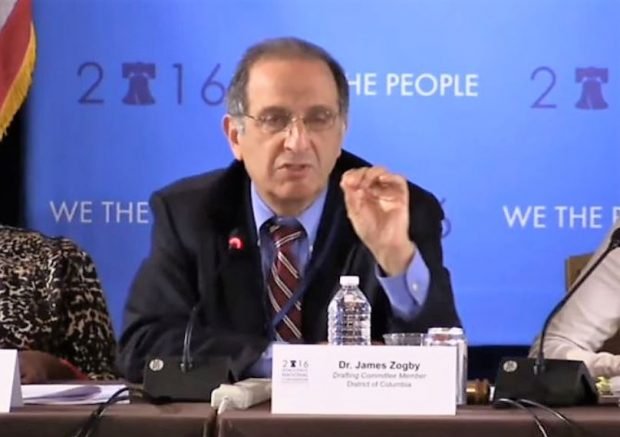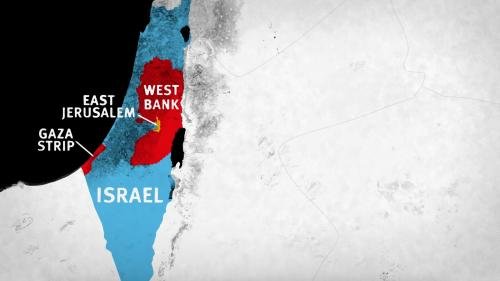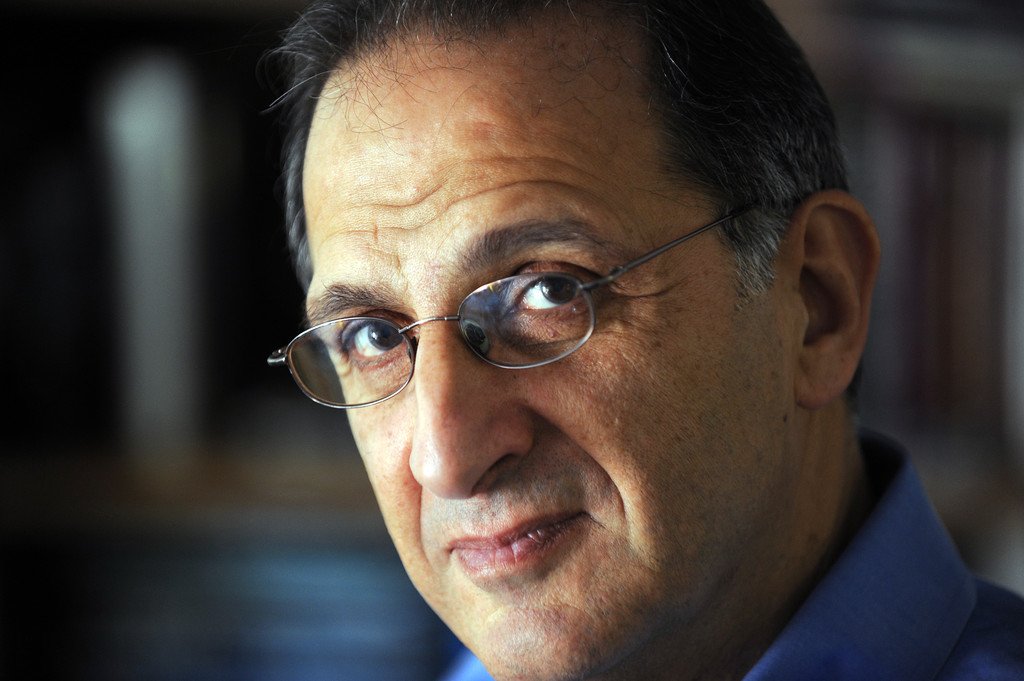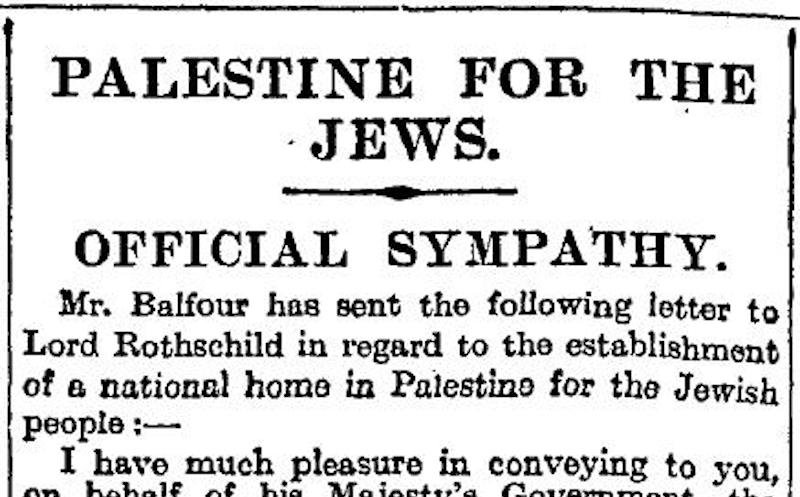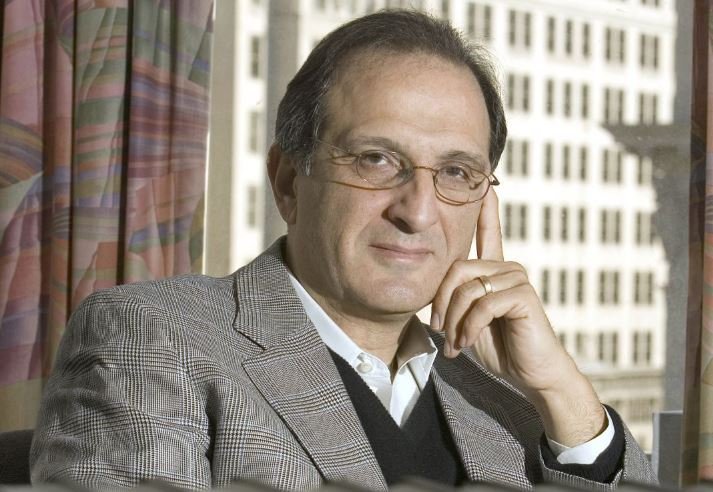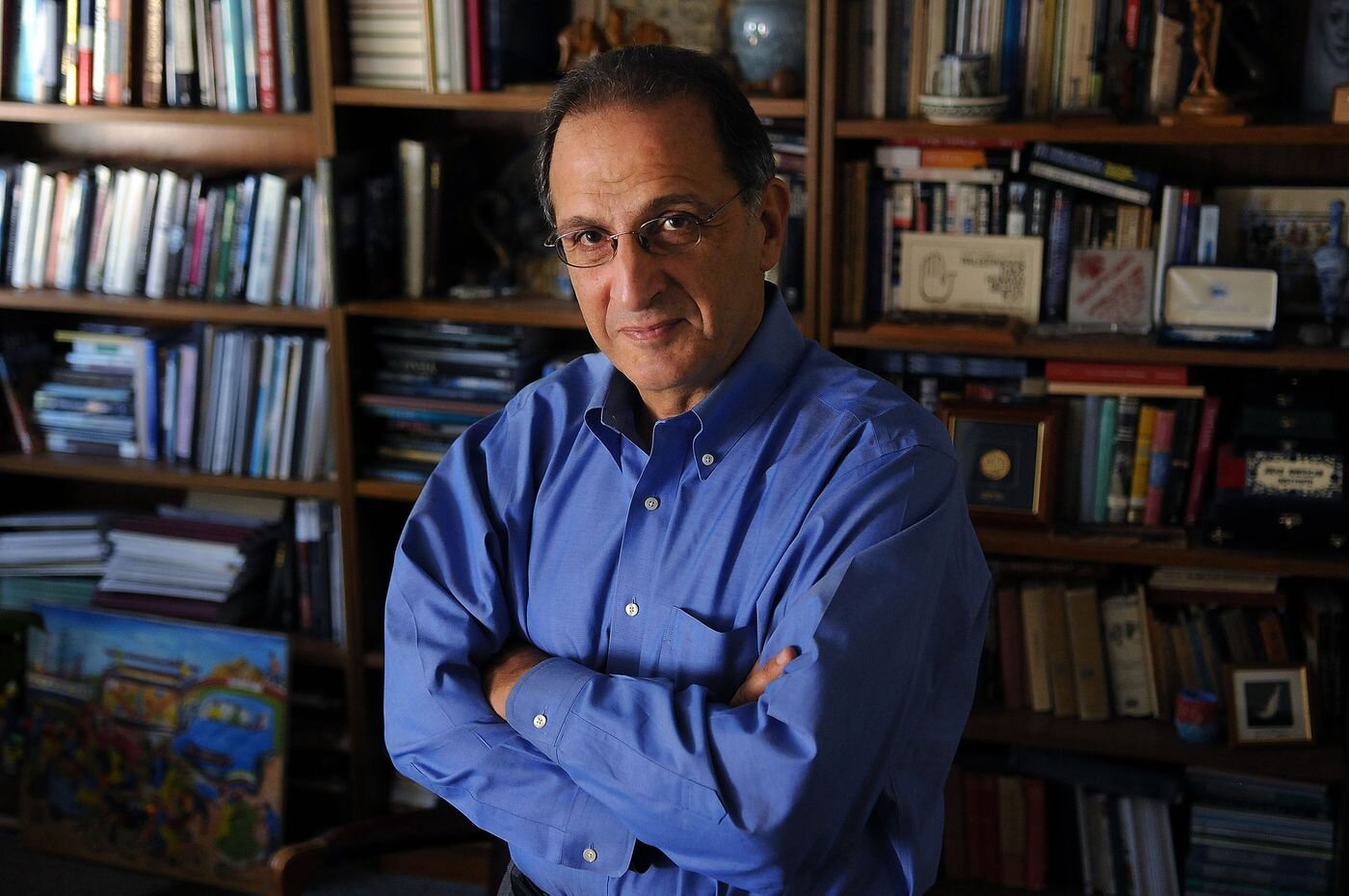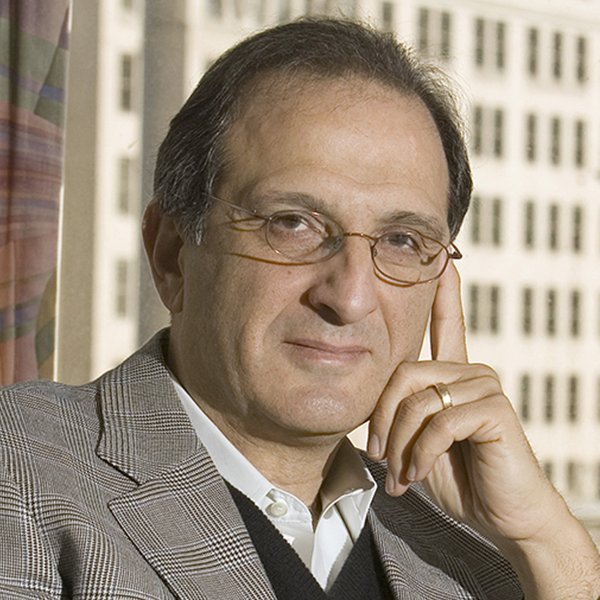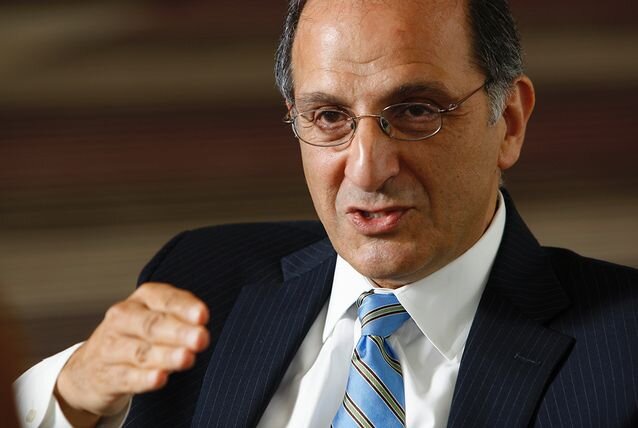Washington Watch Articles from 2010 to 2019
Since 1992, Zogby has written a weekly column on current events and U.S. politics.
This column, Washington Watch, has been published around the world in fourteen countries.
Beginning in 2020, Zogby began weekly conversations titled, “Coffee and a Column with Jim,” where he discusses his latest Washington Watch column and engages in conversation with attendees. Coffee and a Column with Jim is live every Wednesday at 2PM Eastern. Unique registration links are available in each Washington Watch column and on social media.
Washington Watch Articles From 2019
I have long been troubled by the way so many believing Christians in the West have either been ignorant of or turned their backs on the plight of Palestinians, both Christian and Muslim.
At the very moment that the US Congress was voting to impeach him, Donald Trump was having the time of his life haranguing the crowd at Michigan campaign rally.
The most stunning rebuke to the Trump Administration's unilateral effort to legitimize Israeli settlements didn't come from Arab and European leaders.
Two years ago Friday, President Donald Trump formally recognized Jerusalem as Israel's capital.
The Trump Administration’s declaration that Israeli settlements in occupied Palestinian lands are not illegal was, in fact, a consequential act – though not for the reasons cited by Israelis or Palestinians.
The Trump Administration’s declaration that Israeli settlements in occupied Palestinian lands are not illegal was, in fact, a consequential act – though not for the reasons cited by Israelis or Palestinians.
After years of investigation and months of delay, Israel's Attorney General Avichai Mandelblit formally indicted Benjamin Netanyahu for crimes ranging from his violation of public trust to bribery and fraud.
After years of investigation and months of delay, Israel's Attorney General Avichai Mandelblit formally indicted Benjamin Netanyahu for crimes ranging from his violation of public trust to bribery and fraud.
One evening, almost two decades ago, I was on CNN's "Crossfire" sitting opposite a Democratic Congressman (who is no longer in office, having repeatedly disgraced himself in "sexting" scandals).
One evening, almost two decades ago, I was on CNN's "Crossfire" sitting opposite a Democratic Congressman (who is no longer in office, having repeatedly disgraced himself in "sexting" scandals).
Washington Watch Articles From 2018
Many years ago, I came across an pre-Islamic Arabic poem describing a camel running across the desert. Suddenly, the camel freezes in mid-stride.
Eight years after the unfolding of the events of "Arab Spring," Tunisians and Egyptians appear deeply displeased about the situations in their respective countries.
Because I have a long and complicated history with Temple University, I have closely followed the story of the backlash against Temple Professor Marc Lamont Hill for the speech he delivered at the United Nations' "International Day of Solidarity with the Palestinian People."
I was having lunch this week with an Arab friend and before long, as expected, the conversation turned to Donald Trump, the impact he is having on our political life and the world's perception of America and the American people.
Last week, after reading my column, "The Struggle to Advocate for Palestinians Has Never Been Easy," a reader did a bit of research, found, and then sent me an article I had written 30 years ago.
It has never been easy for Arab Americans to advocate for Palestinian rights and while we've made real progress, the challenges continue to grow.
This election was the meanest, dirtiest, and most disgraceful in my lifetime—and it will have consequences. Even before the results began to be reported on late Tuesday night, we already knew who the losers were going to be – the American people and our political culture.
US supporters of Israel are in a bind: public opinion is changing; there are more actors publicly challenging Israel; and the crude, heavy-handed tactics they have successfully used in the past to silence criticism now only aggravate the situation.
In recent weeks, the Trump Administration has taken a series of drastic punitive actions against the Palestinian people.
First, the Trump Administration "took Jerusalem off the table." Now, in an especially dangerous display of recklessness, they have announced their intention to do the same for the Palestinian "right of return.
Washington Watch Articles From 2017
Ever since we learned that eighty percent of self-described "born-again" Christians supported Donald Trump's candidacy for president, there has been a discussion about how these Christians define their faith.
As you celebrate Christmas with your family and listen to the gospel story of the birth of Jesus, I hope you will read and reflect on the following piece I wrote a few years back.
Are anti-Arab and anti-Muslim sentiments on the rise in the US? And what are the best ways to combat them? These were some of the questions we discussed at the 2017 "Global Peace and the Fear of Islam" Forum held this past week in Abu Dhabi, UAE.
President Donald Trump's decision to formally recognize Jerusalem as Israel's capital was irresponsible and dangerous for more reasons than I can count. Let me outline just a few of the principle concerns:
Most Arabs have little confidence in the Trump Administration's ability to solve the Israeli/Palestinian conflict and many have lost hope that a resolution is even possible.
Imagine that you are a victim of a violent crime or theft but are forbidden from reporting it because Congress has passed a law that not only prohibits you from reporting the crime, but threatens punishment if you dare to do it.
In the philosophy of language, we learn the simple truth that the meaning of a word is how it's used in a sentence. The same lesson can be applied to religion—with the meaning of religious language best understood by how it is being used.
With all due respect to the gubernatorial candidates who won their elections on November 7th, there can be no doubt that their road to victory was paved, in part, by voter's rejection of Donald Trump and Trumpism.
In 1919, following the first World War, the victorious Allied Powers met in Paris to remake the world.
This year marks the 100th anniversary of the Balfour Declaration in which Great Britain's Foreign Secretary, Lord Balfour, stated in a note to his colleague, Lord Rothchild, that "His Majesty's Government view with favor the establishment in Palestine of a national home for the Jewish people, and will use their best endeavours to facilitate the achievement of this object.
Washington Watch Articles From 2016
Secretary of State John Kerry's valedictory speech on the Israeli-Palestinian conflict unleashed a firestorm of criticism from the very same folks who had just finished hyperventilating over the US abstention on a Security Council resolution a few days earlier.
There was considerable drama leading up to the passage of United Nations Security Council Resolution 2334 (UNSCR 2334) reaffirming the illegality of Israeli settlements.
The tumult that has rocked the Arab World, has contributed to dramatic changes in the Arab public's attitudes toward important global and regional powers.
We went into this election cycle knowing that both political parties faced real challenges.
This week, without debate or an actual vote, the US Senate stealthily passed a disturbing and dangerous piece of legislation introduced by Senators Tim Scott (R-SC) and Bob Casey (D-PA).
Last week, I joined several hundred protesters in a sit-in in front of the Army Corps of Engineers' Headquarters in Washington, DC.
My wife came down to breakfast Thursday morning still in a daze over the outcome of the election. She said, poignantly, "I feel just like I did after my father died.
My brother John is known for his US political polling, while my company, Zogby Research Services, polls primarily in the Middle East.
For years, Arab American voters, like most other ethnic communities, slightly leaned toward the Democratic party but were swing voters in national and local elections.
Citizens in several of the Arab Gulf states appear to have a higher appreciation for the quality of life available to them in their countries than do citizens in most European countries.
Washington Watch Articles From 2015
There are two Christmas stories. There is the romanticized antiseptic tale that has taken hold in our popular culture. It is the "Silent Night"/"Oh! Little Town of Bethlehem" version
Donald Trump and his GOP colleagues have exposed the depth of the divide in attitudes over the role of American Muslims in US society. The results of a recent Zogby poll establish that the divide is more existential than merely rhetorical, and is more demographic than simply partisan.
For the past five years, I've had the opportunity to conduct public opinion polls across the Middle East in order to provide content for policy discussions at the UAE's annual Sir Bani Yas Forum.
Just as there are so many unanswered questions about why Syed Farook and his wife, Tashfeen Malik, massacred 14 people at an office party in San Bernardino, California, there is so much that is tragically clear.
The roots of our nation's current descent into madness can be traced back to a series of unresolved catastrophic traumas Americans experienced during the Bush Administration.
It has been frightening to listen to the intolerant and near hysterical tone of the debate over admitting Syrian refugees into America.
Everyone made nice, when Israeli Prime Minister Benjamin Netanyahu came to Washington last week. It was make up time. The Administration sought to demonstrate that despite, what the President referred to as their "minor difference" over the Iran deal, there were no remaining hard feelings.
"When I entered the Prime Minister's office for my second term, I was summoned to Washington.
Intolerance, especially when it comes to issues involving the Middle East, is a destructive force that has distorted American politics and our policies, rendering us powerless to provide constructive leadership across the Arab World
We have been witnessing an epidemic of violence in Jerusalem. There have been killings and near fatal attacks in Israel and elsewhere in the occupied Palestinian lands, but it is Jerusalem that has been the epicenter of the violence
Washington Watch Articles From 2014
Four years ago, Tunisia and the Egypt erupted in broad popular revolts. At first, analysts, Arab and Westerners alike, were confounded
I first met Eric Holder during the Clinton years when he was serving as Deputy Attorney General.
In 1971, I was working at a Boy's Club in the Germantown section of Philadelphia running an after-school program. One day, the Police Athletic League representative dropped off a pile of coloring books for the younger kids
There is widespread upset in capitals across the Arab World at having been sidelined by the Obama Administration in the on-going P5+1 negotiations with Iran.
Over the many years I have been involved working within the Arab American community, I have had to contend with a range of myths and misunderstandings about both the nature and composition of the community as well as their attitudes toward major issues of concern facing the United States.
Next week, Arab American leaders and activists from a dozen key electoral states will convene in Washington to map out a political strategy for 2016.
In October, 1994, I was in the lounge at Kennedy Airport in New York City waiting to board an Egypt Air flight to Cairo. My fellow passengers, mostly Egyptians, were seated near a television watching a rather engaging program
In case you haven't noticed, the Obama Administration is in the midst of an on-going and very public spat with the Netanyahu government in Israel.
With mid-term elections only weeks away, I am once again being asked by Arab friends to explain my support for the Democratic Party.
Washington Watch Articles From 2013
A few months back, the Arab World was shaken by a New York Times article claiming to detail Obama Administration's efforts to disengage from the Middle East in order to facilitate its "pivot toward the East".
In the face of growing insecurity, Christians throughout the Arab East will soon be celebrating Christmas.
Last week, I wrote a piece about a poster that has been hanging in my office for more than two decades.
We've heard what Israel Prime Minister and members of the U.S. Congress think about the interim nuclear deal the Iranian government concluded with the P5 + 1. What we don’t know is how the Iranian people will react? What do Iranians want from their newly elected government and how will this deal play at home?
By now, I should be used to the fact that people will "cherry-pick" polls or try to "spin" results to fit their agendas. But, it still rankles.
In the midst of the confusion and uncertainty that characterizes current US-Egypt relations and with American and Egyptian attitudes toward each other having plummeted to all-time lows, I recently had the opportunity to participate in a "little" gem of a project that shows a way forward.
For those of us who've worked with Dearborn Michigan's Arab American community during the past three decades, victories in this past week's municipal elections were more than just big news.
Palestinian and Israeli negotiators are meeting in the latest chapter of the decades-long saga of on-again, off-again peace talks. With no leaks, and even less optimism, there is only speculation about how the talks are going or whether any agreement is even possible.
Political commentators have been working overtime trying to explain why and how American politics have become the dysfunctional mess the world saw on display in recent weeks.
Immediate attention must be paid to Lebanon, lest it becomes an additional casualty of the horrific war raging next door. As it is, the country is on the brink. We know that Lebanon's fractious sect-based political system has been strained by the Syrian war.
Washington Watch Articles From 2012
As President Obama prepares to launch his second term in the White House, he can take some comfort in the fact that positive attitudes toward the United States have once again risen sharply in several Arab countries.
Fourteen years ago, I went with then President Bill Clinton to Bethlehem where he participated in the lighting of the tree in Manger Square.
From this day on, Christmas in Newtown, Connecticut will always mean something very different. It is difficult to imagine the raw pain and the horror being felt in that community now ravaged by unspeakable violence.
As President Obama gears up to begin a second term, his Middle East agenda will be more complex and potentially more consuming and dangerous than the one he inherited from his predecessor four years ago.
Here in Washington, negative reactions to the United Nations' vote to admit Palestine as a non-member state have ranged from silly and infuriating to downright dangerous
Sometimes wars, even little ones, can become clarifying moments in which the clouds of propaganda are blown away and motives of the antagonists come into clear focus. This appears to be the case with the recent hostilities in Gaza.
The escalating violence between Israel and Gaza should remind us of old lessons that still need to be learned and new realities to which attention must now be paid.
On November 6th, I will cast my vote to reelect Barack Obama as President of the United States.
During the last few weeks of this Presidential campaign, I have become terribly confused listening to Mitt Romney address America's foreign policy challenges.
Two weeks ago, fifteen religious leaders representing major Protestant denominations dared to challenge one of Washington's most powerful taboos.
Washington Watch Articles From 2011
Watching Tea Party radicals triumph over reasoned compromise in the Congress and Republican party candidates drive themselves rightward off the road in an effort to appeal to their increasingly hardline base reminds me of the adage we learned as children: it is dangerous to play with fire, not only because you run the risk of the blaze burning out of control, but also because you, yourself, can become the flame's first victim.
The dust left in the wake of U.S. forces departing from Iraq had barely settled when Prime Minister Nuri al Maliki intensified his crackdown against Sunni Arab leaders, deepening the country’s sectarian divide.
Nine months into the “Arab Spring,” we surveyed public opinion in seven Arab countries and Iran, asking over 6,000 respondents about their primary political concerns and their degree of satisfaction with the pace of change taking place in their countries.
On December 7, 2012, six Republican candidates for President (Rep. Ron Paul was not invited) appeared before the Republican Jewish Coalition (NRC) to campaign for Christian votes. There are Jewish Republicans, to be sure, but not enough to make a difference in this primary contest.
In just one year, relations between the United States and Turkey have moved from tension to cooperation. This was the focus of remarks by a Turkish journalist speaking at the opening session at the second convention of the Turkic American Alliance.
With the date for US forces to be fully withdrawn from Iraq fast approaching, it is important to remind ourselves how we got into that long and deadly war in the first place, to recognize that this conflict is far from over, and to hold accountable those who are responsible for the horrors they created during the past eight years.
Shortly after Barack Obama's inauguration as the 44th President of the United States, I was invited to a dinner at the Lebanese Embassy in Washington, D.C. in honor of Ray Lahoud. Lahoud had just been named as Secretary of Transportation, and the Embassy was proud that the grandson of Lebanese immigrants had been named to serve in the new President's cabinet.
This Presidential election couldn't have come at a worse time for America and the Arab World. Since candidates are more focused on politics than on sound policy, critical issues will not receive the thoughtfulness they require.
The hysteria on display in Washington over UNESCO's vote to include Palestine as a member of the world body, though largely a manufactured effort, was, nevertheless, irritating and a sad commentary on the dysfunctional nature of U.S. politics.
Several months back, when the Arab League suspended Libya's membership and passed a resolution supporting a "no-fly zone" over the country; it appeared to be a one-off affair.
Washington Watch Articles From 2010
It was one hundred years ago, that my father's oldest brother crossed a continent and an ocean to come to America. Habib Rashid Zogby, fourteen at the time, made the long trip with his uncle, leaving his mother, father and six siblings in Lebanon.
The Christmas story as it is told in the West, in scripture and tradition, contains timeless elements that have shaped our culture in significant ways.
Back in the early 1990's, at the end of Lebanon's civil war, together with a few other Arab American organizations, we requested and secured a meeting with then Senate Majority Leader George Mitchell to discuss both the situation in Lebanon and some unhelpful positions taken by the Senate that we felt might adversely impact the still troubled situation in that country.
Lebanon and its friends around the world are on edge waiting for indictments to be issued related to the assassination of Prime Minister Rafiq al Hariri.
From the day the first batch of Wikileaks appeared in the international press, the Israelis were crowing "this is good for us". Seizing on documents demonstrating that some Arab leaders bear ill-will toward Iran, the Israeli spin machine went into action.
As I have read press reports of the U.S. offering massive incentives to Israel in an effort to secure a three month settlement freeze, I've wanted to give the U.S. peace negotiators the benefit of the doubt.
As I have been traveling around the U.S. discussing my new book "Arab Voices", attempting to shatter the myths that many Americans have about Arabs, I frequently get the question, "but do Arabs understand us?".
Israel's announcement, last week, of a radical expansion of Har Homa (an already massive settlement community between Jerusalem and Bethlehem) makes a mockery of the so-called "peace process".
With Republicans now in control of the House of Representatives, President Obama's efforts to achieve Middle East peace and repair frayed relationships across this region have become more difficult.
The partisan divide on issues related to Arabs and Muslims has become disturbingly wide. For example, when, in a recent poll, we asked American voters whether they had favorable or unfavorable attitudes toward Arabs and Muslims, the results were shocking.

